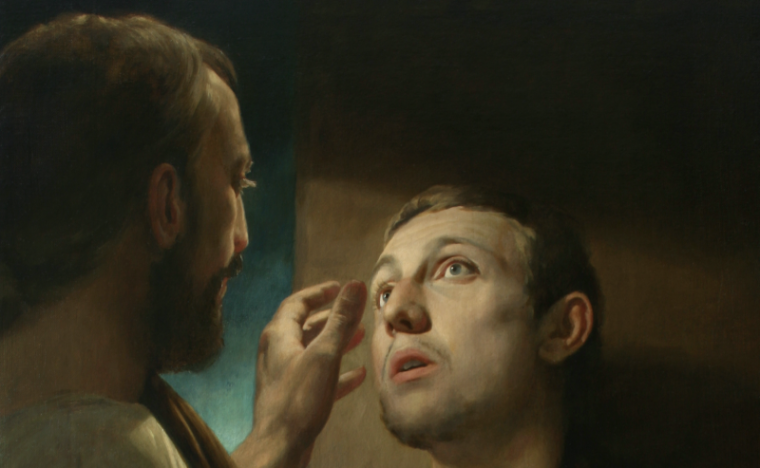"Why do no miracles occur nowadays?"

"Why, it is asked, do no miracles occur nowadays, such as occurred in former times?" – Saint Augustine of Hippo (354-430 A.D.)
This question asked in the early 5th century is not that different from one asked by thousands of Christians throughout the world here in 2019. People often wish that they could see or experience miracles or other clear-cut, visible signs that God is real and God is all around us. As the gospels noted, it is easy to have faith if you have seen, but blessed is he who has faith but has not seen.
Miracles, by definition, are things that happen outside of the laws of nature; they are "supernatural." If miracles occur, it would seemingly be much easier to believe in a God, a Creator. God would not be bound by our known laws of nature, medicine, and psychics.
People in the days of Saint Augustine struggled with this, and they were only a few hundred years after the time of the Apostles. While reading Augustine's classic book, "City of God," I noticed a whole chapter dedicated to miracles of his time—which the saint and bishop backed up as being authentic. Examples, many of which were due to religious relics and prayer, include:
- Blind man in Milan had his sight restored
- Innocentius of Carthage, healed from several painful fistulas
- Innocentia of Carthage, healed from breast cancer
- Unnamed physician in Carthage, healed from gout
- Stage player in Curubis, cured at baptism—of paralysis and serious hernia
- Hesperius of Fussala owned a property which was possessed by demons. The demons were eradicated, and his property became somewhat holy. A young man with paralysis was carried there and quickly he was cured—and he was then able to walk.
- An exorcism in a house in Victoriana
- Another exorcism of a woman in Hippo
- A blind woman had her sight restored in Aquae Tibilitanae
- Eucharius, a priest from Calama, cured of kidney stones
- In Hippo, a man named Bassus had his very ill daughter brought back to life
- A little boy in an estate called Andurus was miraculously cured of a near-death, gruesome injury from being crushed by an oxen and wagon wheel. Immediately he was fully healthy and showed no signs of being crushed or his bones broken by the accident.
Thus, in one (non-Biblical) book, we have some evidence of 12 supernatural miracles that transpired within a basic geographical area, and within the span of about 25 years. Augustine believed that miracles happened quite often in his day and in all the decades after Christ, it was just that very few were ever written down or studied. Due to that, he made a point of including some in his writings.
A cynic may say that all these listed occurrences are heresy or exaggerated, and the like. I will take Augustine at his word, but nonetheless even if 1 or 2 of these 12 actually did happen—wouldn't that prove that God is real and alive?
Miracles can and do happen, and science does not have answers for everything that we ponder. The same is true today as it was many centuries ago.
–Ken Lambert has been writing for both secular and religious publications for several years. He co-authored the book "Top 10 Most Influential Christians Since the Apostles" and holds a Doctorate in Ministry. He resides in southern New Hampshire.